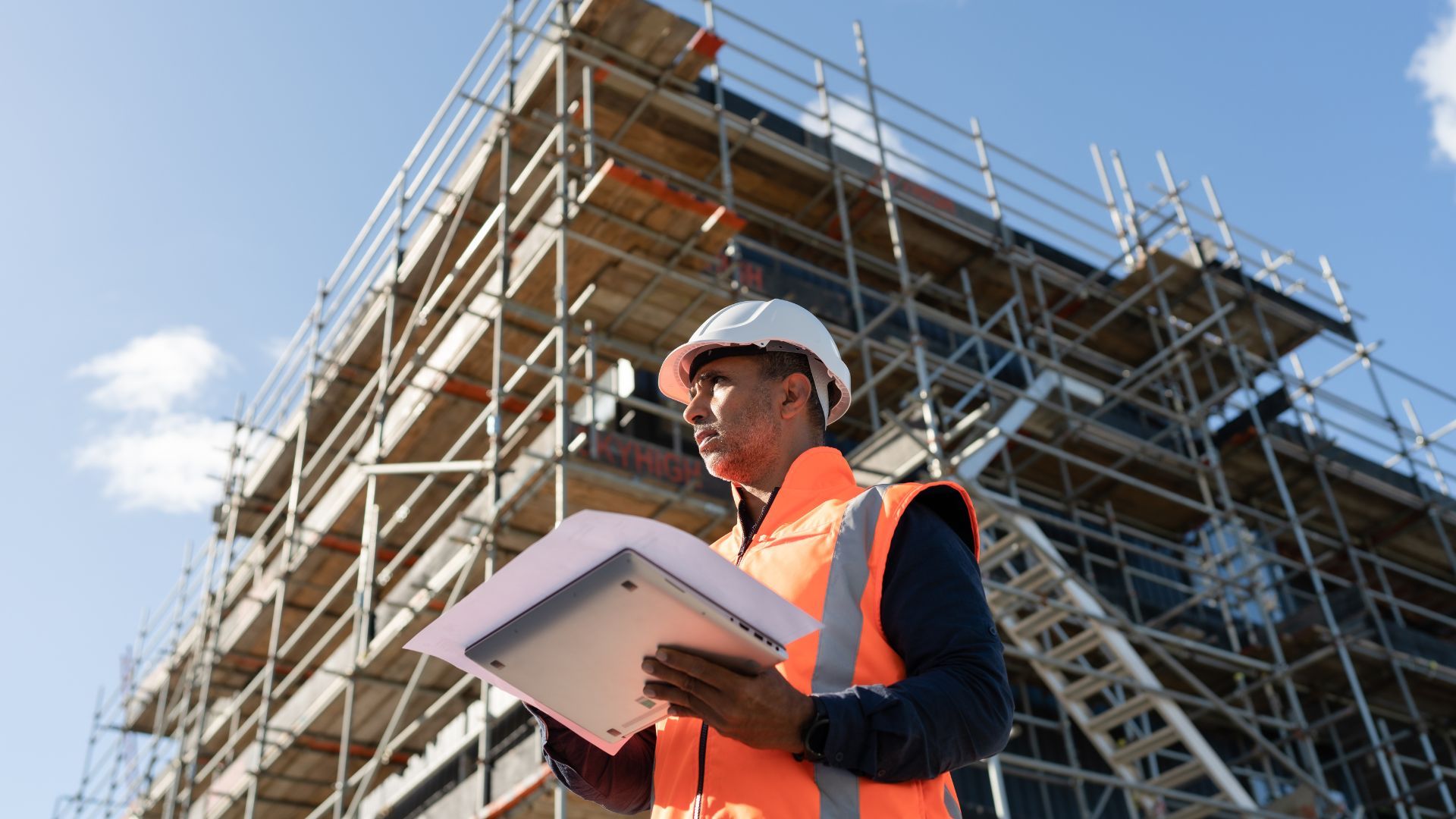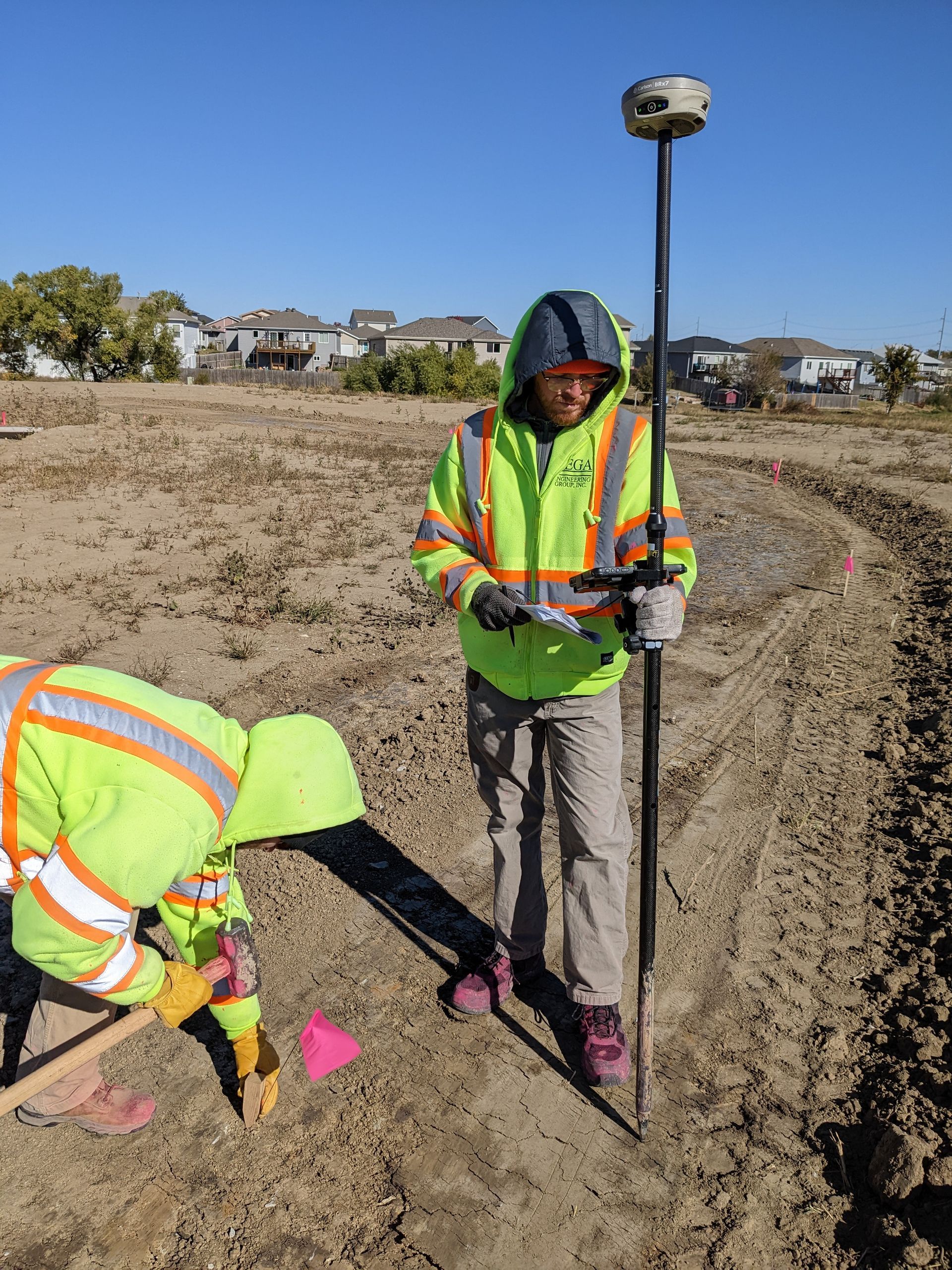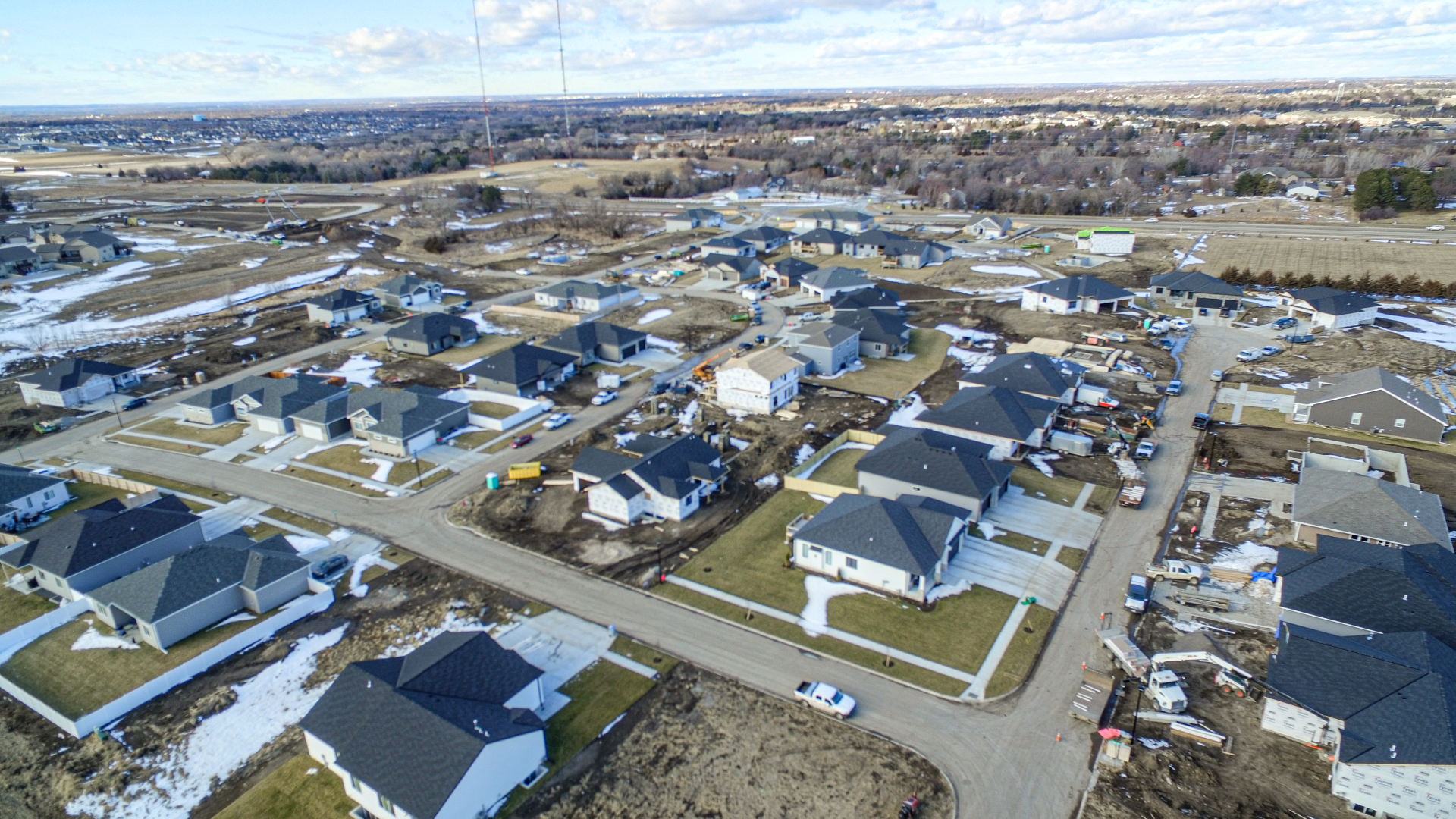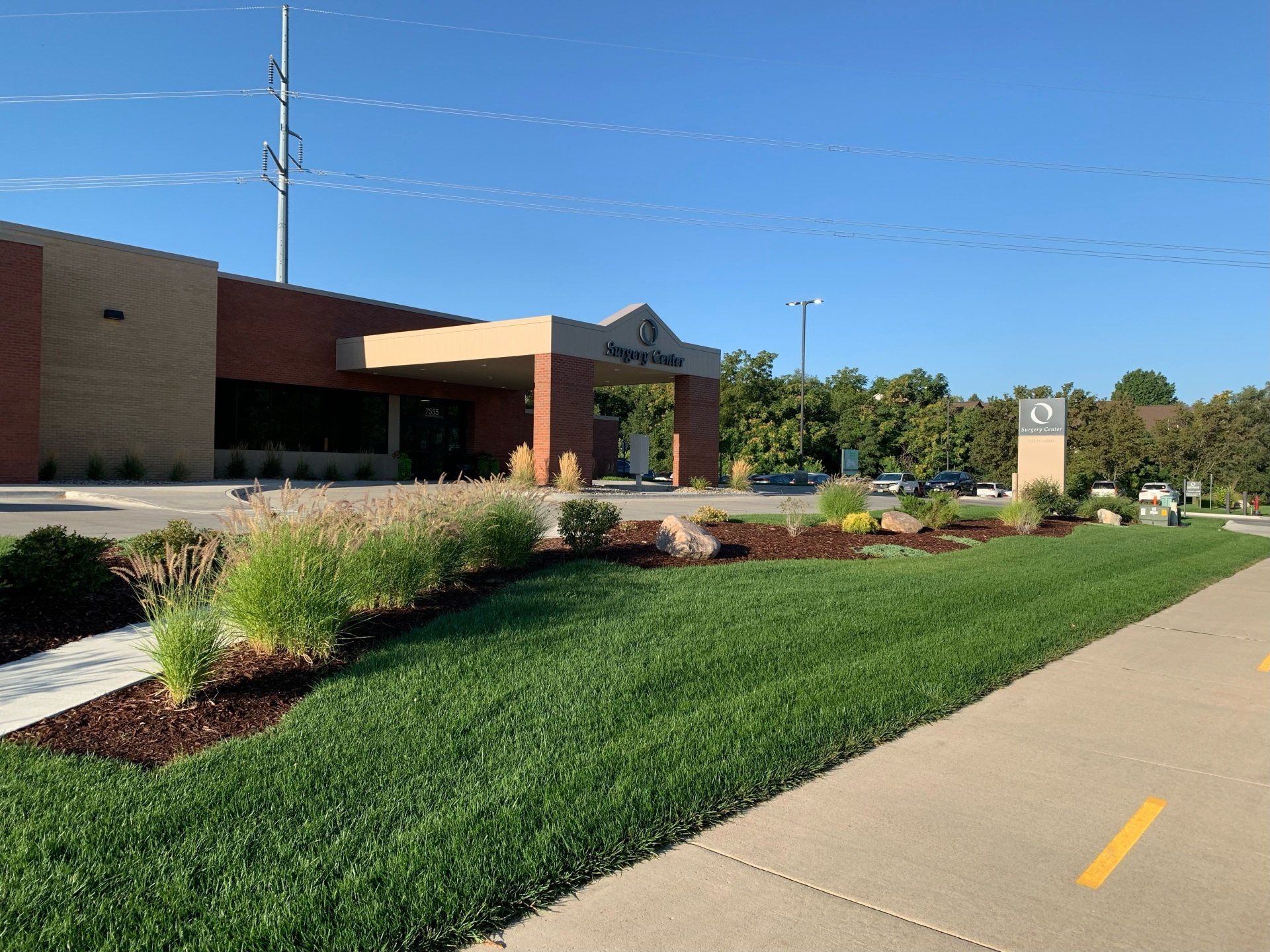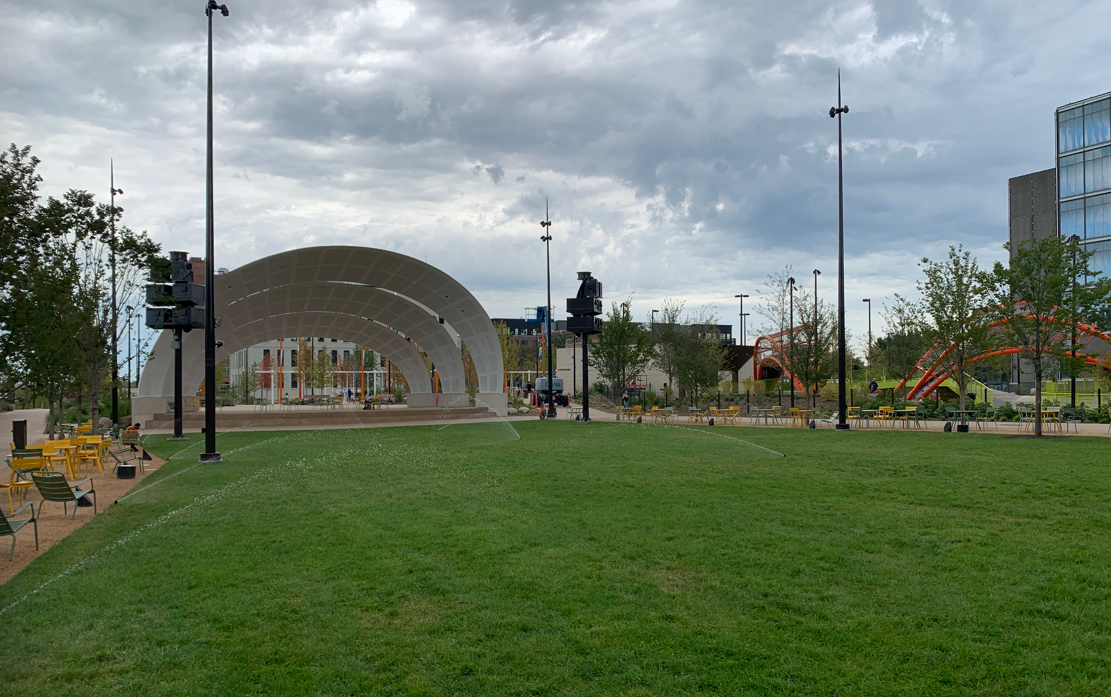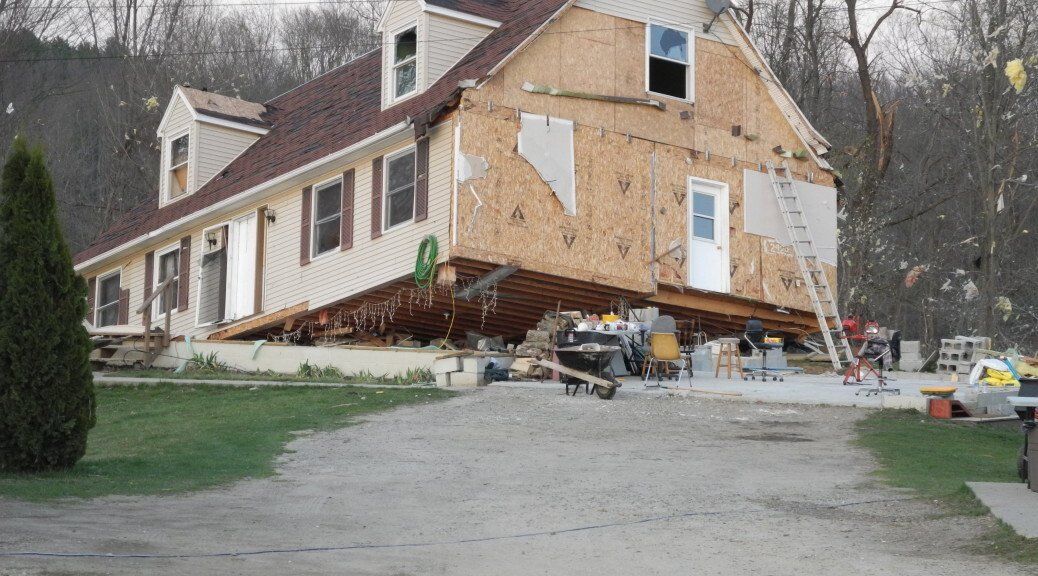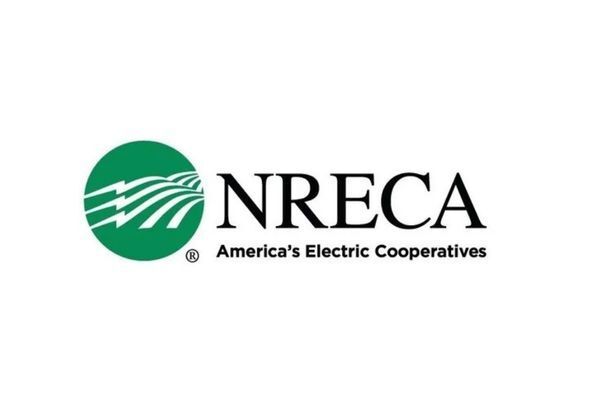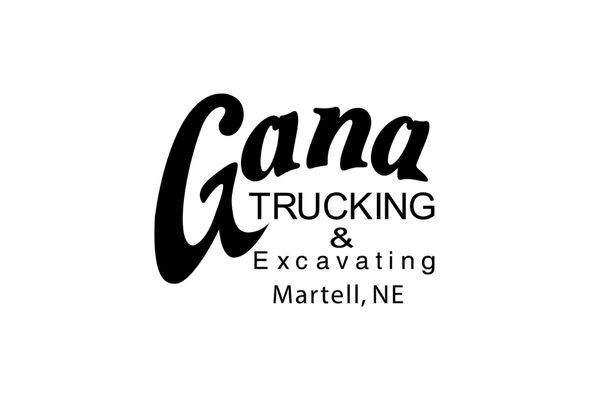January 16, 2026
The civil engineering industry is entering a new era. As communities grow, infrastructure ages, and technology advances, the way we design, build, and maintain infrastructure is evolving rapidly. One of the most important shifts shaping the future of our industry is smart infrastructure in civil engineering. At REGA , we believe smart infrastructure is not just a trend but it’s the future of sustainable, resilient, and efficient communities. By combining engineering expertise with data-driven technology, smart infrastructure allows us to design systems that are safer, more adaptable, and better equipped to meet long-term needs. What Is Smart Infrastructure in Civil Engineering? Smart infrastructure in civil engineering refers to the integration of advanced technologies into traditional infrastructure systems. This includes sensors, data collection tools, monitoring systems, and intelligent design strategies that allow infrastructure to respond to real-world conditions in real time. Rather than relying solely on reactive maintenance or outdated assumptions, smart infrastructure uses data to inform decisions throughout the lifecycle of a project from planning and design to construction, operation, and long-term management. Why Smart Infrastructure Matters for Communities Infrastructure is the backbone of every community. Roads, bridges, utilities, stormwater systems, and public facilities all play a critical role in safety, mobility, and economic growth. As demands increase, smart infrastructure helps ensure these systems operate efficiently and reliably. Through smart infrastructure in civil engineering, communities can: Improve safety by identifying issues before failures occur Extend the lifespan of infrastructure assets Reduce long-term maintenance and operational costs Enhance environmental sustainability Make better-informed planning and investment decisions These benefits are especially important as municipalities balance growth, aging infrastructure, and budget constraints. Data-Driven Design and Planning One of the most significant impacts of smart infrastructure is how it influences design and planning. By leveraging data, civil engineers can better understand how infrastructure will perform under real-world conditions. Smart infrastructure allows engineers to analyze traffic patterns, environmental conditions, water flow, and usage demands more accurately. This leads to designs that are not only compliant with standards but also optimized for long-term performance and adaptability. At REGA, incorporating forward-thinking design strategies helps ensure infrastructure solutions are built to serve communities well into the future. Enhancing Asset Management and Maintenance Traditional infrastructure maintenance often relies on scheduled inspections or reactive repairs after problems arise. Smart infrastructure shifts this approach toward proactive asset management. Sensors and monitoring systems can track structural performance, detect wear, and identify potential issues early. This enables timely maintenance that prevents costly failures and extends the useful life of infrastructure assets. For municipalities and organizations, this proactive approach supports smarter budgeting and reduces unexpected disruptions to services. Supporting Sustainable and Resilient Infrastructure Sustainability and resilience are central to the future of civil engineering. Smart infrastructure in civil engineering plays a key role in helping communities adapt to changing environmental conditions, population growth, and regulatory requirements. Intelligent stormwater systems, efficient utility networks, and data-informed land development strategies help reduce environmental impact while maintaining system reliability. Smart infrastructure also supports resilience by enabling faster response and recovery when unexpected events occur. Designing with resilience in mind ensures infrastructure can withstand challenges today while remaining flexible for tomorrow. Collaboration Between Technology and Engineering Expertise While technology is a powerful tool, smart infrastructure is most effective when paired with experienced engineering judgment. Data alone doesn’t solve problems — it must be interpreted and applied thoughtfully. At REGA, we see smart infrastructure as an enhancement to engineering expertise, not a replacement. By combining advanced tools with sound engineering principles, we deliver solutions that are practical, efficient, and tailored to each project’s unique needs. This balanced approach ensures technology serves the project — not the other way around. Preparing for the Future of Civil Engineering The future of civil engineering will demand innovative thinking, adaptable designs, and long-term planning. As smart infrastructure becomes more widely adopted, engineers will play an increasingly important role in guiding how technology is integrated responsibly and effectively. Communities that embrace smart infrastructure in civil engineering position themselves for safer growth, stronger economies, and more sustainable development. Forward-thinking design today leads to fewer challenges tomorrow. How REGA is Embracing Smart Infrastructure At REGA, we are committed to designing infrastructure that meets today’s needs while preparing for the future. By incorporating data-driven insights, resilient design principles, and collaborative planning , we help communities build infrastructure that works smarter, not just harder. Our goal is to deliver engineering solutions that stand the test of time and support long-term success for the communities we serve. Looking Ahead Smart infrastructure in civil engineering represents an opportunity to rethink how infrastructure is planned, designed, and maintained. By embracing innovation while staying grounded in proven engineering practices, we can help shape a future where infrastructure is safer, more efficient, and more sustainable. Contact REGA to learn how our civil engineering expertise can help your next project embrace the future of smart infrastructure.
